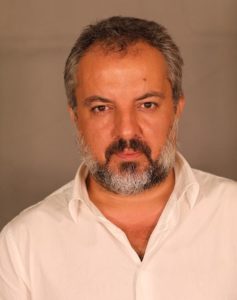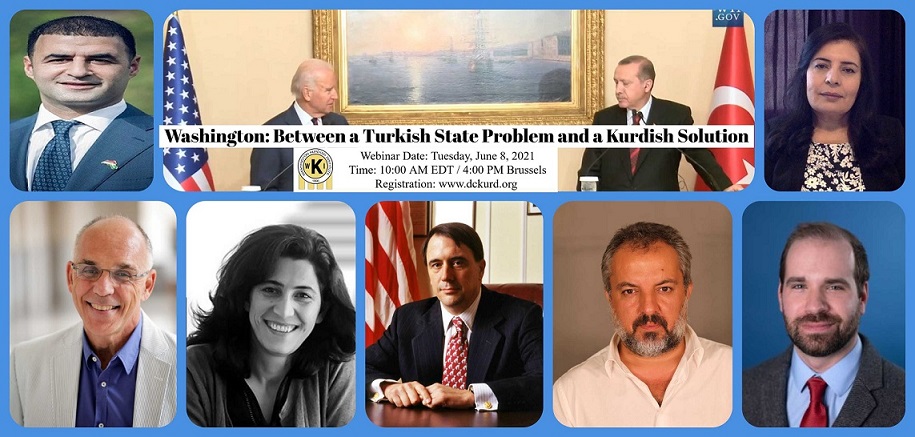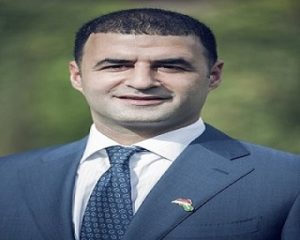Najmaldin Karim Webinar Series
Webinar Date: Tuesday, June 8, 2021
Time: 10:00 AM EDT / 4:00 PM Brussels / 5:00 PM Erbil
Turkey is sliding deeper into authoritarianism, with President Recep Tayyip Erdogan escalating state repression of the Kurds and all real and perceived forms of opposition within the country. Outside of the country’s borders, he utilizes a large vast network to intimidate, threaten, and silence exiled Kurds, and continues to intensify Turkish military aggression in the Middle East and beyond, with the Kurdish people as his primary target. The Turkish military periodically attacks the Kurdish regions of Iraq and Syria and is now openly working to expand its zones of occupation in each of these countries, bringing war and mass displacement to areas that were once among the most stable in the region, ethnically cleansing these regions in an attempt to minimize or eliminate Kurdish presence and exacerbating an ongoing refugee crisis. Against a backdrop of war and existential threats from all sides, the Kurds, who played a leading role in eliminating the so-called caliphate of the Islamic State (ISIS) terrorist organization in cooperation with the US-led global coalition, enjoy relative autonomy in both Iraq and Syria.
The US and others have benefited greatly from the resistance of the Kurds against ISIS and the stability of their autonomous areas in Iraq and Syria and, while the Turkish state responds to the hard-won achievements of the Kurdish people with increased hostility, international reaction to these unprovoked attacks remains muted. As Erdogan continues to threaten and attack these regions, the US will eventually need to address this destabilizing Turkish military aggression. The Biden Administration knows the Kurds well, and has demonstrated a willingness to break with the foreign policy of its predecessors, but has yet to decisively respond to Erdogan’s belligerence or, more broadly, clarify its vision for the Middle East. Our distinguished speakers will discuss the regional and global consequences and policy ramifications of the Turkish state’s war on the Kurds, the emerging Kurdish dynamic in the Middle East, and possible policy approaches for Washington.
Opening Remarks
Sierwan Najmaldin Karim, President of Washington Kurdish Institute (WKI)
Zainab Morad Sohrab, Co-chairperson of Kurdistan National Congress (KNK)
Panel Discussion
US foreign policy in the Middle East and the role of the Kurds – Dr. Henri Barkey
Turkish military aggression as a destabilizing force in South Kurdistan (Northern Iraq) and North & East Syria/Rojava – Hiwa Osman
The geostrategic importance of Turkey & Kurdistan and the new Kurdish dynamic – Nilüfer Koç
Does the Biden Administration have a Kurdish policy? – Amb. Peter Galbraith
Speakers’ remarks:
Nilufer Koc
Participant Biographies:
Mr. Sierwan Najmaldin Karim, President of the Washington Kurdish Institute (WKI), was previously security director and senior advisor to the late governor of Kirkuk, Dr. Najmaldin O. Karim, Founder and past President of WKI. From a young age, under the tutelage of his father, Mr. Karim has been involved in Kurdish activism, serving in various roles with several Kurdish organizations, promoting a united free Kurdistan representing Kurds from all areas. In his professional life, Mr. Karim has extensive experience as a real estate asset manager and land developer, and provides consulting services to commercial real estate investors. He holds a bachelor’s degree in accounting from the University of Maryland and is a master’s candidate at Georgetown University, where he was recently elected as Chairman of the Student Advisory Board of Real Estate. He is a resident of Florida, where he lives with his wife and daughter.







